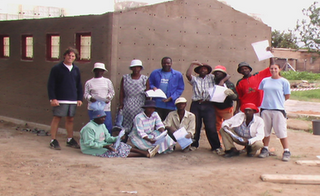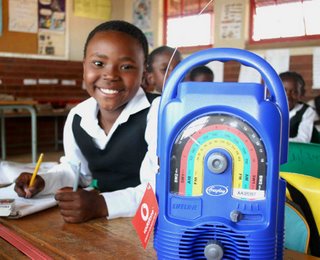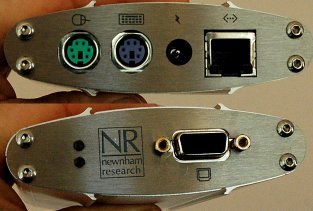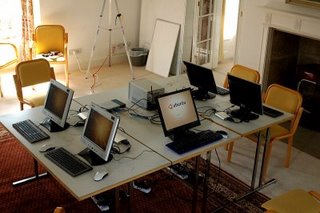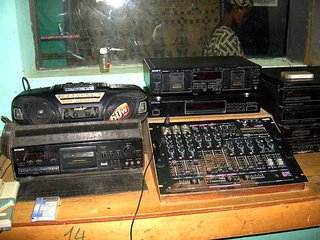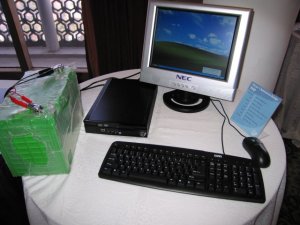India's Om Prakash Fights Child Labor and Wins Children's Peace Prize
Soon after that he started putting his effort on changing the lives of all the other kids who were going through the same nightmare in his home state Rajastan. On 19 Nov 2006 Om Prakash received the International Children's Peace Prize worth $100,000 for leading a campaign against child labour and child slavery. The former President of South Africa, Frederik Willem De Klerk, presented the award.
Since his rescue, the 14 year-old has helped to create a network known as ‘child friendly villages’. In these villages child labor is forbidden and children’s rights are respected. He has also campaigned for children's birth certificates. He says birth registration is the first step towards enshrining children's rights, proving their age, helping to protect them from slavery, trafficking, forced marriage or serving as a child soldier. It seems he has arranged birth registration for 500 children on his own.
In his speech during the award, he said, "This is our right - that they have to listen. This is children's right. And if they are not abiding with that right, we will work harder to make them hear."
http://www.bbasaccs.org/news/biography_om.php
http://news.bbc.co.uk/2/hi/south_asia/6164134.stm
http://timesofindia.indiatimes.com/Victory_at_last_Child_slave_gets_prize/articleshow/498510.cms
